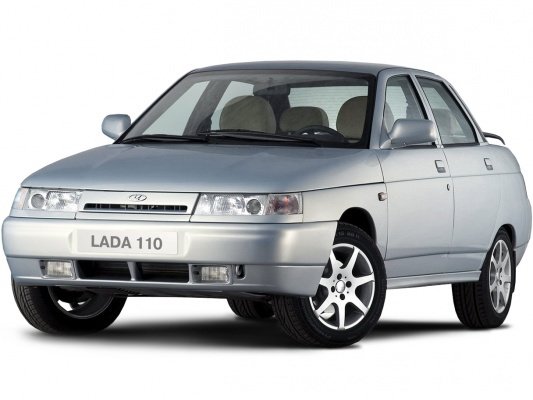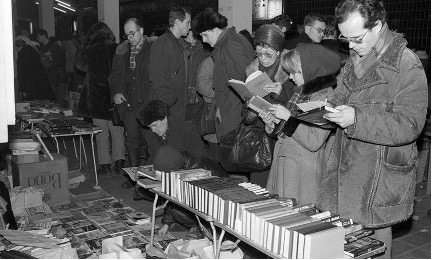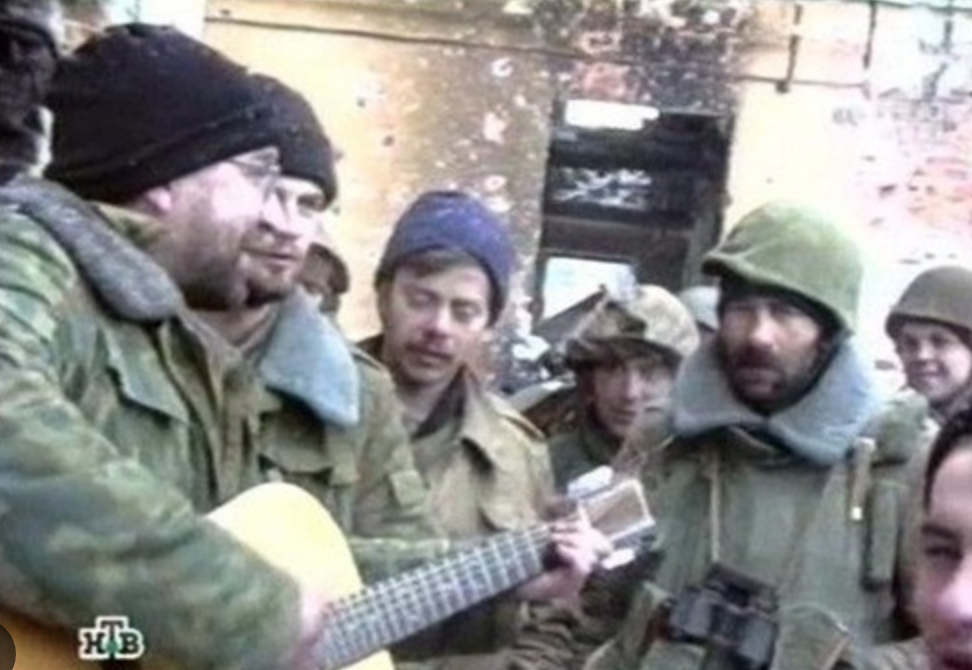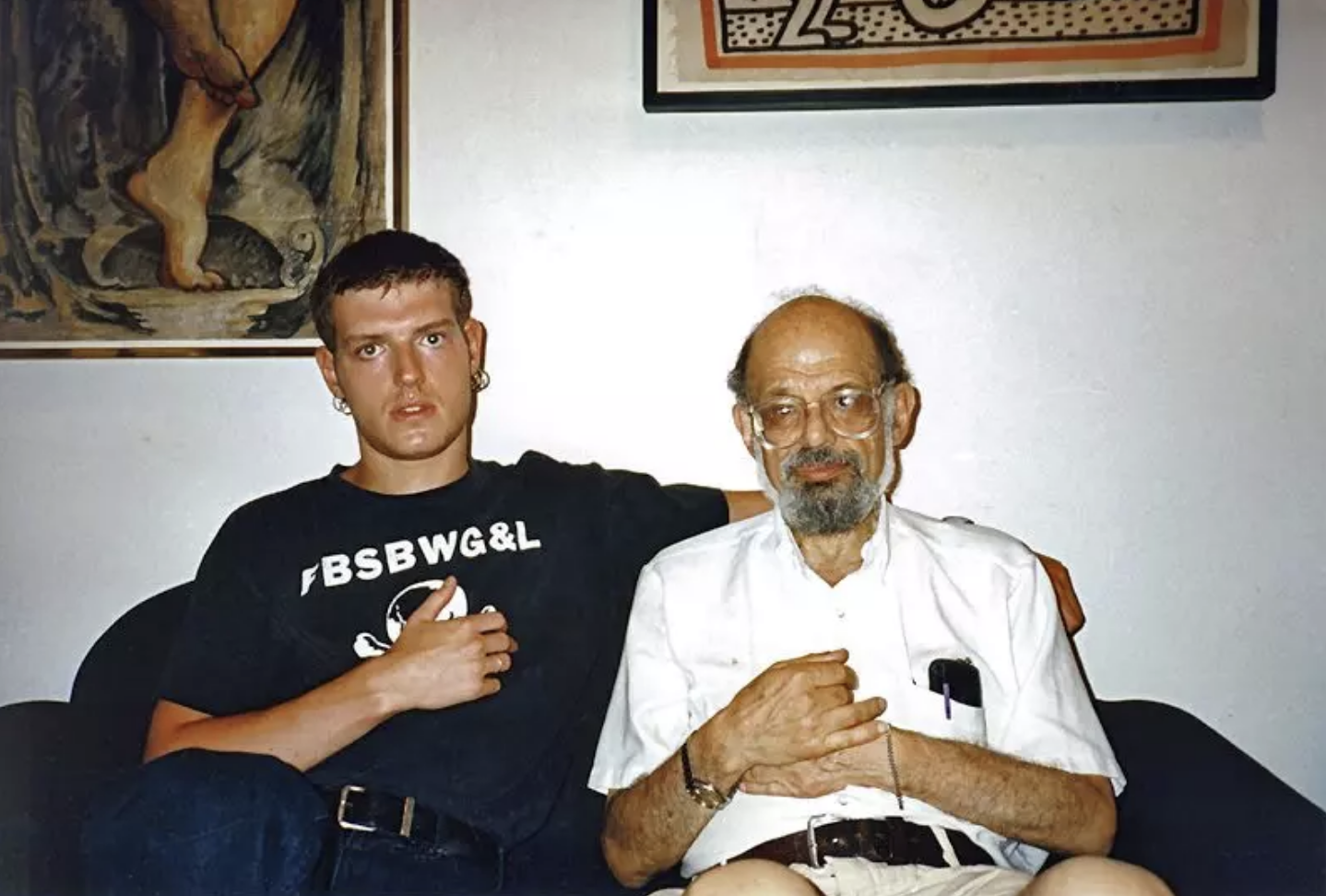Lada 110-series
The first post-Soviet Lada model, the VAZ-2110, appeared in 1995 and sold for between $5,000 and $8,000. Targeted at the emerging middle class, the car represented the manufacturer’s hope that Russian production and consumer power could come together to build a domestic market that would advance the economy beyond raw materials extraction and imported consumer goods.
Olympic Stadium Book Market
The center of the post-Soviet book trade established itself in the corridors of the enormous stadium built for the 1980s summer Olympic Games in Moscow. It was chaotic, even dangerous, but also presented an embarrassment of literary riches.
Solzhenitsyn's Return
In 1994, Alexander Solzhenitsyn staged a theatrical return to Russia, flying from America to Magadan, then returning by train from Vladivostok to Moscow. The journey and the salvific importance Solzhenitsyn attached to it soon became the target of much derision, as well as some praise.
DDT’s Shevchuk Goes to Chechnya
An excerpt from “Vremia DDT,” a 2002 documentary centered on DDT, one of Russia’s best-known rock bands throughout the 1990s and later. A montage of amateur footage by DDT leader and frontman Yuri Shevchuk (1957-), who visited Russian frontlines during the First Chechen War in 1995-1996, is backed by the song “Patsany [Guys],” itself inspired by Shevchuk’s experience.
The View from the Other Side
Journalist and LGBTQ activist Yaroslav “Slava” Mogutin responds, in the monthly magazine Top Secret (Sovershenno sekretno), to Aelita Efimova’s homophobic article on gay men in post-Soviet Russia from the same publication.
The Chechen Knot: 13 theses.
An infamous 1994 article on the First Chechen War by controversial gay journalist Slava Mogutin, published in Novyi vzgliad (New View).





